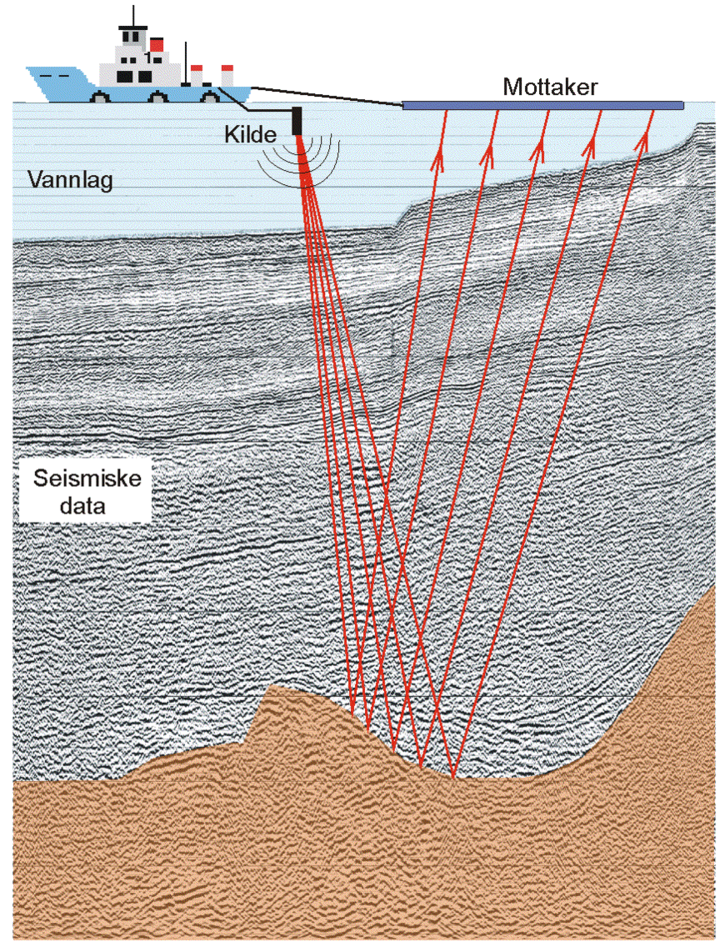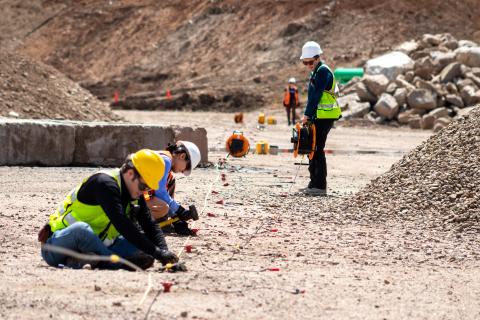All Categories
Featured
Table of Contents
Geophysical Survey Services - Geophysical Test Methods in Byford Aus 2020
Are you looking for the best type of b-school? Get in touch with MBA programs looking for candidates like you. Explore schools of all sizes, ranked colleges, city and big-campus schools and more. Apply. Pay. Preparation. Research study. Prosper. We have actually got you covered. Get in touch with master's programs around the country to get an edge over the competition.

A geophysicist research studies various aspects of the earth. According to the U.S. Geological Study, they study gravity, magnetic, electrical, and seismic activity incidents. Geophysicists likewise record, assess, and take measurements of geographic features and anomalies. See a video to discover what a geophysicist: Geophysicists should earn a minimum of a bachelor's degree; however, this is for an entry-level position.
Advanced degrees require more particular research studies in the specialty of choice. Task prospects are greater if you have a strong background in computer science or technology.
How To Become A Geophysicist in Bicton Aus 2020
Access to these opportunities might be restricted depending upon where you live; however, internships or summertime programs with geophysical business, university geophysics department, or the U.S. Geological Survey can be choices. You can find a list of a list of opportunities on the United States Geological Survey (USGS) websites' Pathway Programs tab (opens in another link).
Geophysicists also work with computer systems while investigating, so computer courses can likewise be practical, as pointed out earlier in this article. Many geophysicists specialize in a location of geophysics.
A geophysicist's responsibilities can consist of measuring, tracking, and recording information from numerous physical residential or commercial properties in the world. They also evaluate and test information received. Geophysicists frequently have to take a trip worldwide to analyze geological occasions that have occurred or might have been predicted. Geophysics is a research-based career field, for that reason one need to have the capability to hypothesize, problem-solve, and concern or difficulty previously held assumptions from their collected data.
Marine Geophysicist - Explore The Seafloor in Parkwood Aus 2020
Jay Wellik, a geophysicist, studies volcanos. Geophysicists generally work full-time hours; however, they often work irregular hours, as mentioned previously.

You can find extra information about Geophysicists in addition to additional instructional materials on the U.S. Geological Study site (links open in a new window). Laura Stern, of the U.S. Geological Study at the Gas Hydrates Lab in Menlo Park, California: We make a number of various hydrates in the lab.
We likewise make carbon dioxide hydrate, ethane hydrate, lp, a number of different structures. It's about 100 degrees cooler than the temperature level at which these hydrate samples would dissociate, when they would break down to ice plus gas on the tabletop.
Field Geophysicist - Parsons Careers – Engineered Systems in Cannington Oz 2020
The samples we make, their polycrystalline. They look like snow, it looks like compacted snow but honestly, it does consist of gas inside. Take a little piece off here and as it heats up, you'll start to see it pop. It's going back to ice plus gas and after that as the ice would melt as it continues to warm, it will wind up being water plus gas.
My name is Steve Kirby, I'm a Geophysicist here at the U.S. Geological Survey in Menlo Park. I deal with Laura Stern who is also a Geophysicist in this laboratory that adheres towards the examination of planetary ices and gas hydrates. Gas hydrates in nature take place in extremely remote places and they are really complicated with the interactions and conditions that they form under and samples that are brought up are under some sort of alternation or decomposition.
This is an uncommon lab and there are only a handful of them worldwide and we are extremely fortunate to be here at the Geological Survey and to have the opportunity of working on them. Bureau of Labor Data, U.S. Department of Labor, Occupational Outlook Handbook, Geoscientists. National Center for O * Internet Development.
Geophysical Survey in Shoalwater Oz 2023
00. O * Web On, Line. This video was produced by the government for the U.S. Geological Survey. The USGS Gas Hydrates Laboratory is funded by the Department of Energy and the USGS Gas Hydrates Task.
Latest Posts
What Geophysicists Do in Iluka WA 2023
Geophysical Survey Definition in Casaurina Oz 2021
Geology And Geophysics - Careers And Employment in Manning Aus 2022